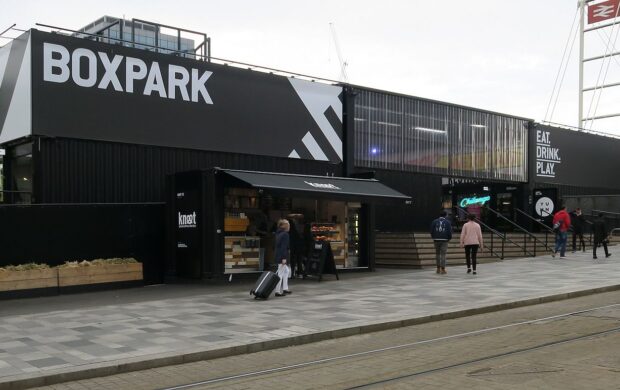Consumers in California have filed two separate class-action lawsuits against Mars and Nestlé for failing to acknowledge the use of forced labour in the supply chains. The consumers claim they would have not bought products from the Iams, Meow Mix and Fancy Feast ranges “had they known that the fish was allegedly harvested using forced labour.”

Both Nestlé and Mars source seafood from Thai Union Frozen Foods PLC, one of the world’s largest seafood producers, operating in Thailand and Indonesia. Thai Union was recently named in a New York Times article exposing the use of trafficking and forced labour amongst fisheries operating in the South China Sea.
It is estimated that together, Mars and Nestlé imported 28 million pounds of seafood from Thai Union Frozen Foods PLC into the US in 2014.
The two lawsuits closely follow a similar claim made against Costco for knowingly selling prawns from a supply chain using forced labour.
Further attempts to address the issue of forced labour within the seafood industry are also currently taking place in the US through legislative action. Democrat Senator Richard Blumenthal of Connecticut has proposed a bill to introduce greater transparency and accountability in corporate supply chains. If passed, this legislation would require companies to disclose anti-trafficking policies and ensure their supply chains are free from slavery and human trafficking.
In addition, a letter from US Congress’ House of Representatives has been sent to the National Oceanic and Atmospheric Administration (NOAA), urging the agency to focus not only on illegal fishing, but on preventing “trafficking and slavery in the fishing industry.









